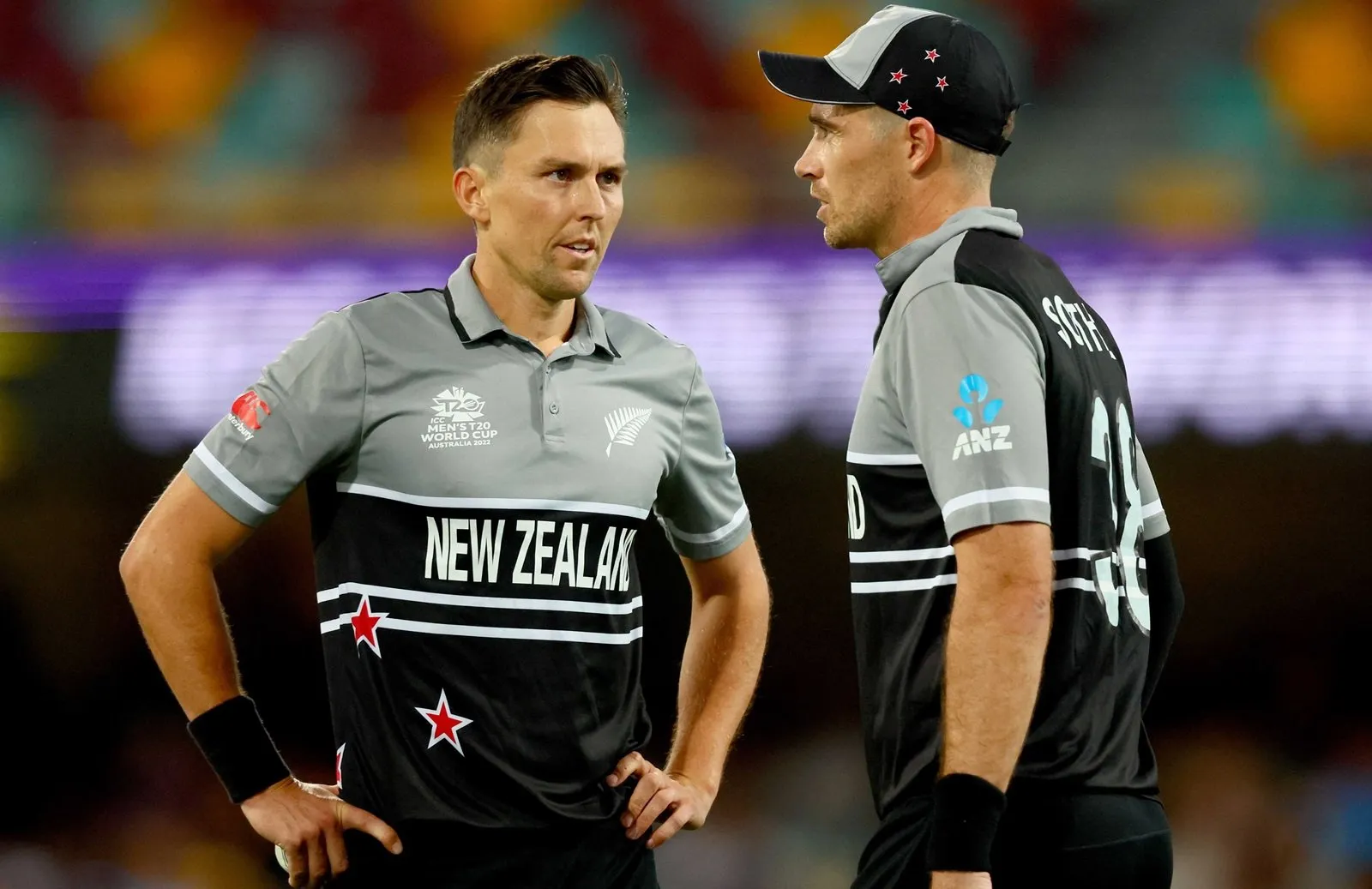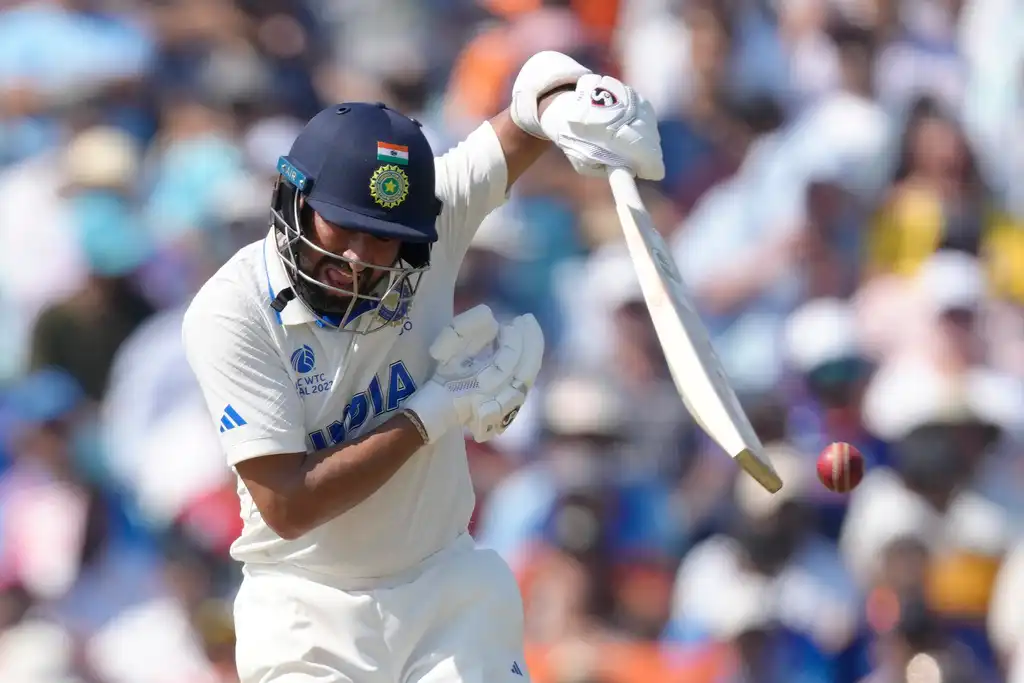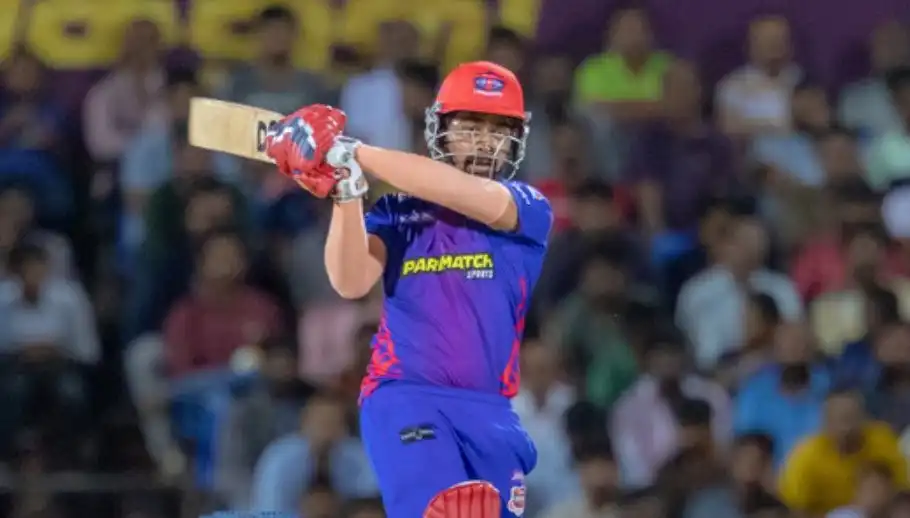 Trent Boult has been once in a generation player for New Zealand (Twitter)
Trent Boult has been once in a generation player for New Zealand (Twitter)
Former New Zealand head coach Mike Hesson has raised concerns over Trent Boult's "Flexi" playing agreement with New Zealand Cricket (NZC), considering it untidy and setting a precedent. Boult was released from his NZC contract in August 2022 to prioritize family time and participate in lucrative T20 leagues like the Indian Premier League.
The recent release of central contracts for the Black Caps did not include Boult. Instead, he committed to participating in the inaugural season of United States Major League Cricket (MLC) starting in July, joining the growing list of T20 tournaments he has played in since his release from the NZC contract.
During an appearance on Sky Sports' No Boundaries show, Hesson expressed his concerns about the Kiwi left-arm seamer's flexible agreement with NZC. He questioned the feasibility of having multiple commitments, including the IPL and several other tournaments, suggesting that compromises might need to be made.
"If you want the IPL and two or three or four other tournaments as well, you probably can’t have everything and that’s a decision you’ve got to make at the start of the year and I just think the flexi contracts just make it a bit untidy," Mike Hesson said.
Hesson further commented on the untidiness arising from having numerous contracts alongside the additional one for Boult. He emphasized that the increasing number of contracts could lead to a lack of clarity and organization within the system.
"It just gets really untidy when you’ve got 20 contracts or however many are on that [NZC] list now and then you have an extra one [for Boult] and next year you might have three extra ones and it just gets untidy," Hesson added.
Royal Challengers Bangalore's Director of Cricket's remarks highlight the potential challenges that arise when accommodating flexible agreements within the existing contract structure. Hesson believes that a clear decision regarding tournament participation should be made at the beginning of each year to avoid the complications that arise from introducing additional contracts in the future.





